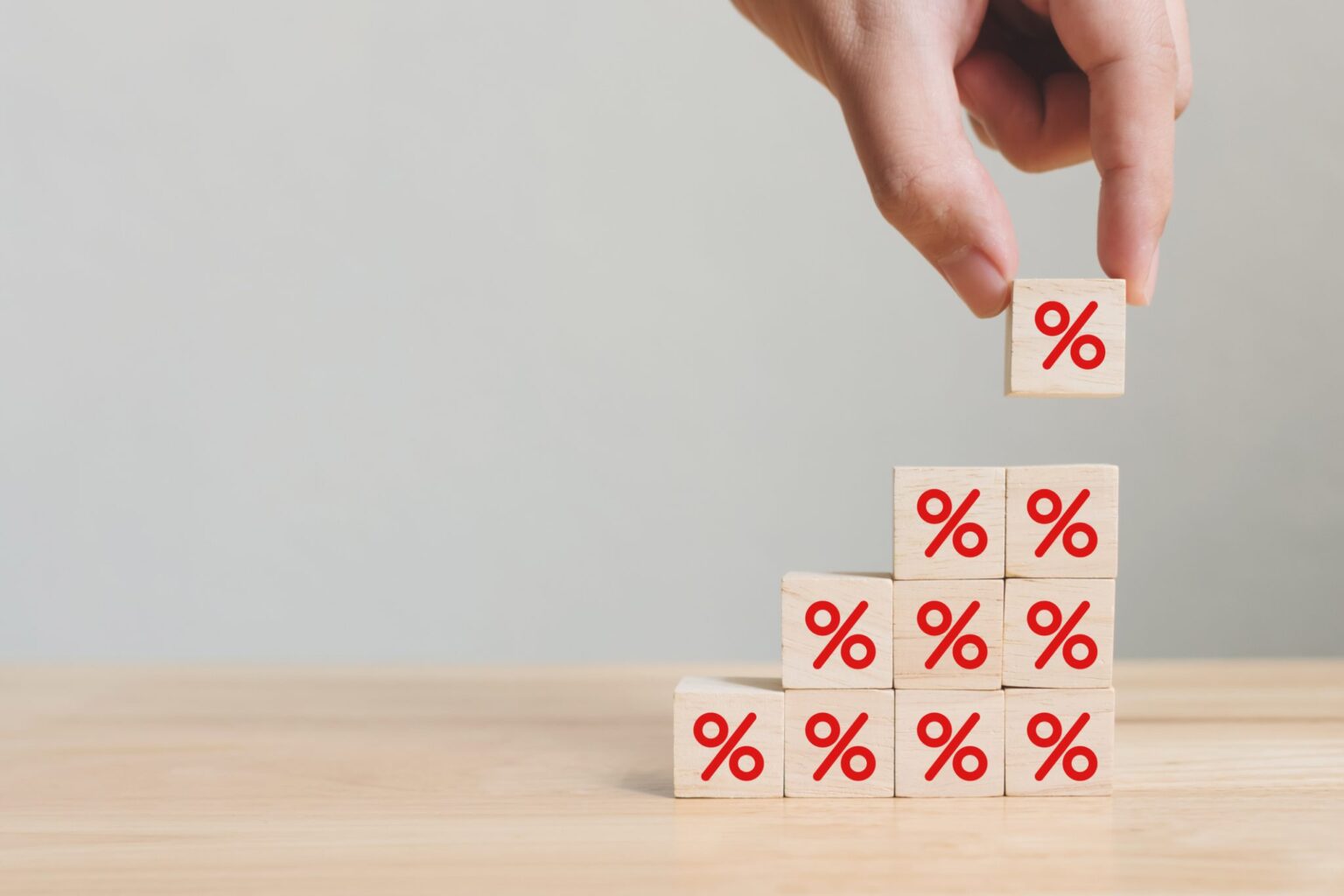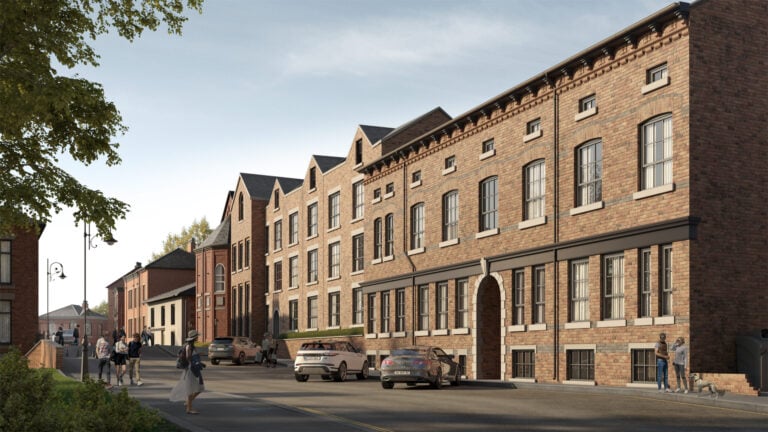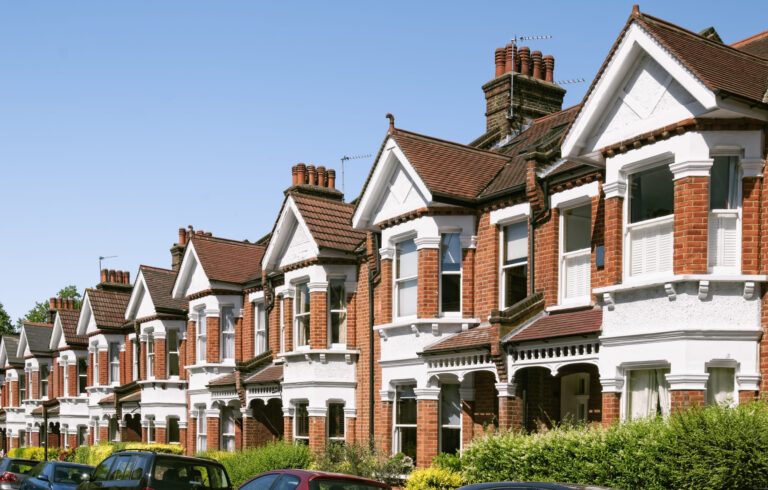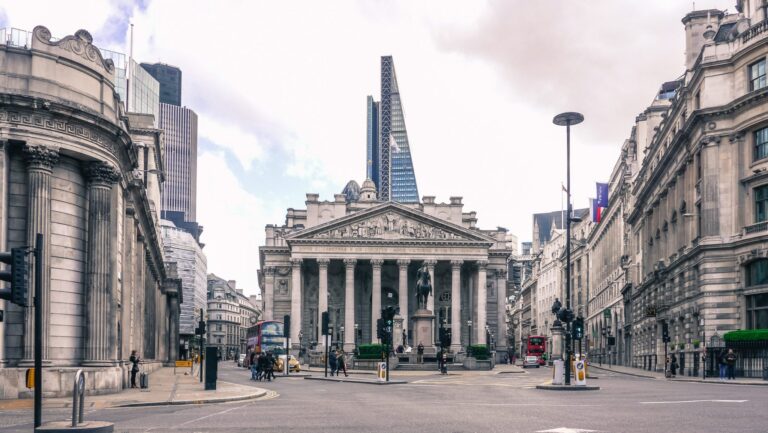Many worry that UK house prices are due to plateau after many months of climbing, but there are reasons why another Bank of England base rate hike won’t necessarily heavily impact the market.
This week, experts are expecting the Bank of England to raise interest rates for the fifth time in a row, up to 1.25% – the highest rate in 13 years. Others have even speculated the increase could be as high as half a point, to 1.5%.
Lenders have remained competitive in the mortgage products on offer since the most recent hikes, but rates are certainly creeping up. As this reduces affordability for some buyers, some expect this could result in a tapering off of housing demand as buying power decreases.
However, as buying agent Henry Pryor points out, demand for property in the UK will continue to significantly exceed supply, meaning UK house prices are extremely unlikely to fall, despite a slowdown.
“It will dampen enthusiasm but it won’t cause prices to fall. House price inflation this time next year will be two per cent rather than five per cent,” he said.
“Demand always exceeds supply, even when house prices historically fall,” said Pryor. “The average estate agent’s office today has about 20 houses for sale but nearly 400 buyers on their books.”
UK house price predictions
According to the most recent Land Registry figures, which show actual sale prices rather than asking prices like popular property portal indices, UK house prices increased by 9.8% in the year to March. This brought the average value to £278,436 among homes sold during that time.
Ongoing demand for property demonstrates that appetite is still strong for bricks and mortar, among both homeowners and property investors from the UK and overseas. According to Propertymark, 39% of agents reported that most properties were selling above asking price in April.
Part of the escalation in UK house prices between 2021 and 2022 is down to the stamp duty holiday (which is now over), as well as pent up demand caused by the pandemic. Therefore, predictions for UK house prices over the coming years are steadier.
Savills believes prices will climb by 3.5% over the course of 2022, and 3% in 2023. Similarly, Zoopla has set out a 3% prediction for property values this year.
Feeling the interest rate rises
If the Bank of England does implement further interest rate rises in the coming days, lenders could pass some of this increase onto borrowers, which might see mortgages becoming more expensive. However, they are still at historically low levels, and lenders are likely to remain competitive.
According to Sir Jon Cunliffe, Deputy Governor for Financial Stability at the Bank of England, it could take as long as 18 months for the true impact of rate rises to be felt on the housing market, and his outlook is positive overall.
“I think a lot of [the rise in house prices] is to do with the way the pandemic affected people and affected their preferences for where they wanted to live,” he told ITV News.
“The other factor”, he adds, “[is] many people built up savings simply because they couldn’t spend, so there is probably £200 billion of extra savings in the economy from that period. I think that also helped people go into the housing market to buy housing.”
He adds: “One very important fact – though house prices have risen and are still rising fast – household indebtedness, the amount of mortgage that people are borrowing relative to their income hasn’t really changed.”
Cunliffe also believes that, while rates will inevitably rise, we won’t see a return to the drastic fluctuations and high rates we experienced in the ’90s, when the base rate wavered between 5% and 14.8%.
“I am certainly not predicting a crash in house prices. I think when rate of increase goes down, that is a correction, and then there’s a question of whether house prices rise faster than other prices,” says Cunliffe.









